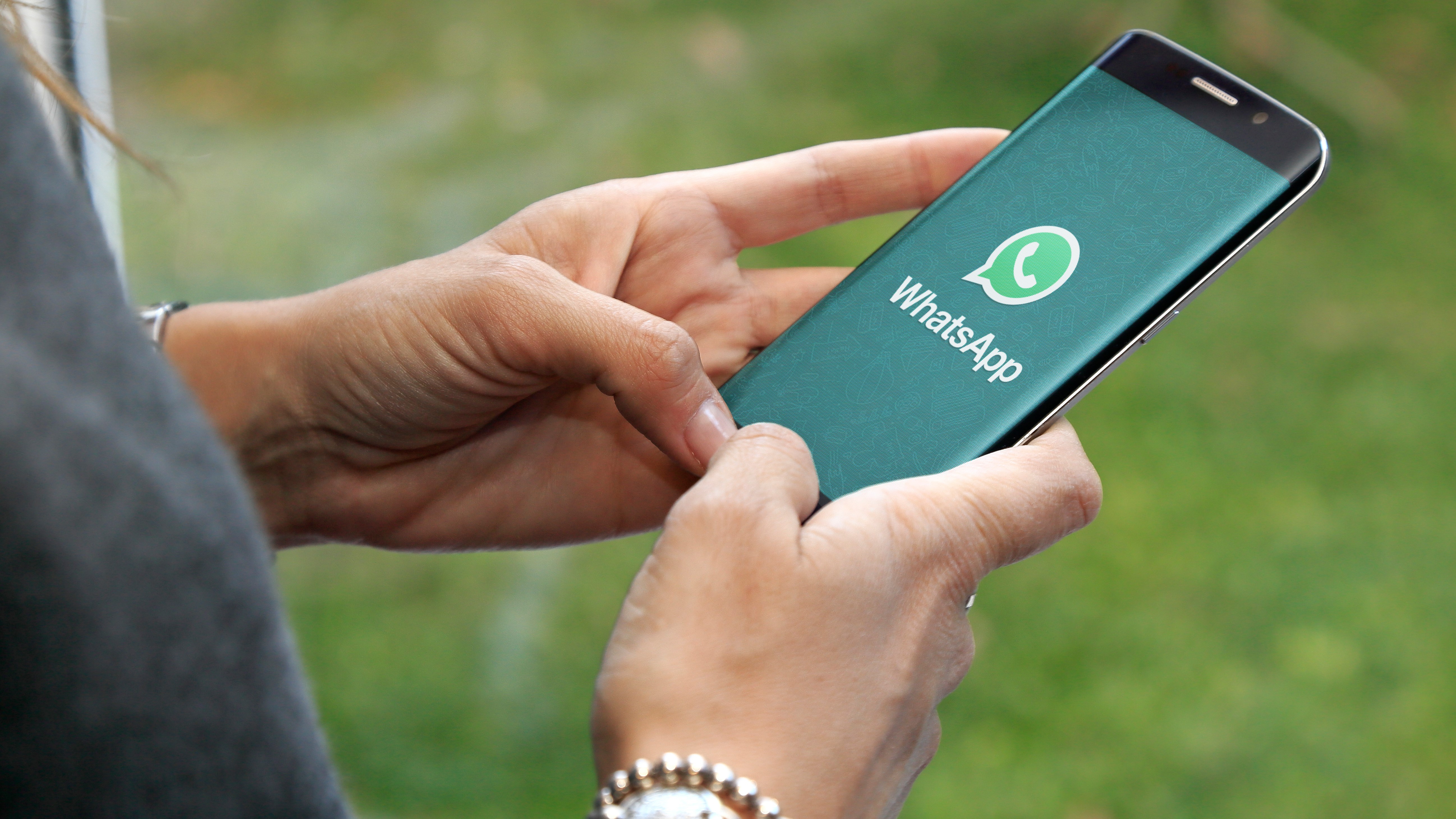Tech giants unite to back WhatsApp in hacking case
Should private firms be granted legal immunity when working for nation-states?

A host of major technology firms have come out in support of WhatsApp as the messaging app fights a legal battle against an Israeli intelligence firm. Facebook-owned WhatsApp has accused Israel’s NSO Group of exploiting an undisclosed vulnerability to hack into phones of some 1,400 WhatsApp users.
WhatsApp alleges that NSO, which develops spyware for nation-state customers, spied on its customers and sued the company in October 2019 in an effort to find out more regarding the hack. The attack worked by exploiting an audio-calling security bug, which allowed NSO to infect a device with spyware simply by sending an audio call – victims did not even have to answer.
NSO continues to dispute WhatsApp’s accusations, arguing that it should be granted legal immunity because it operates on behalf of national governments. It’s a line of argument that has so far failed to convince US prosecutors.
- We've put together a list of the best privacy apps
- And here's our roundup of the best business VPN services
- These are the best proxy services on the market
Major backing
Now, a number of technology firms have publicly backed WhatsApp, filing an amicus brief in support of the case. The likes of Microsoft, Google, Cisco, and the Internet Association, which includes Amazon, Facebook, and Twitter, have all signed the brief.
“The expansion of sovereign immunity that NSO seeks would further encourage the burgeoning cyber-surveillance industry to develop, sell and use tools to exploit vulnerabilities in violation of US law,” Tom Burt, Microsoft’s Corporate Vice President of Customer Security & Trust, argued.
“Private companies should remain subject to liability when they use their cyber-surveillance tools to break the law, or knowingly permit their use for such purposes, regardless of who their customers are or what they’re trying to achieve. We hope that standing together with our competitors today through this amicus brief will help protect our collective customers and global digital ecosystem from more indiscriminate attacks.”
The legal battle will be an important one if technology firms are to be able to reliably tell their customers that they can protect their privacy. Crucially, the ruling could also prove important for democracy generally, with human rights activists and journalists among those most often spied upon.
Are you a pro? Subscribe to our newsletter
Sign up to the TechRadar Pro newsletter to get all the top news, opinion, features and guidance your business needs to succeed!
- We've also highlighted the best VPN services
Via TechCrunch
Barclay has been writing about technology for a decade, starting out as a freelancer with ITProPortal covering everything from London’s start-up scene to comparisons of the best cloud storage services. After that, he spent some time as the managing editor of an online outlet focusing on cloud computing, furthering his interest in virtualization, Big Data, and the Internet of Things.
